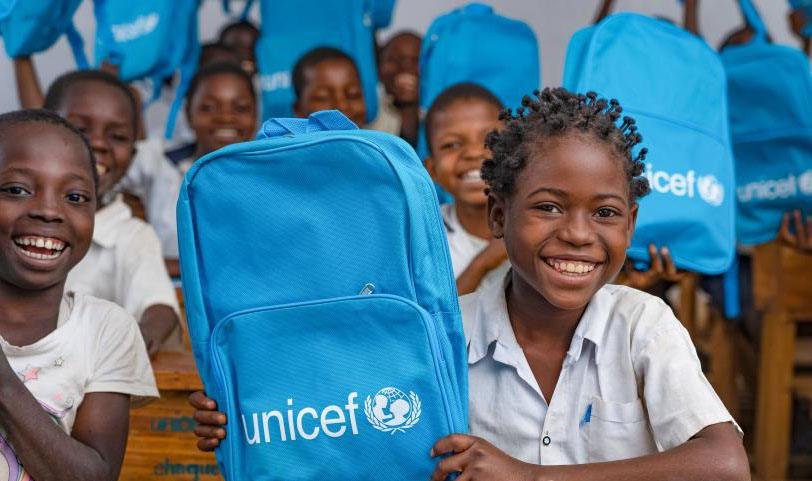The United Nations Children’s Fund (UNICEF) has urged journalists to report ethically on child rights issues, saying, children require special protection in media coverage.
UNICEF’s Chief of Kano Field Office, Rahama Farah, made the call in Kano while delivering his address at a two-day training workshop organised by UNICEF in collaboration with the Federal Ministry of Information and Orientation for media practitioners in the North-West.
He described journalists as guardians of children’s dignity, highlighting concerning scenarios where unethical reportage has caused lasting harm to child survivors of violence and trauma.
Farah cited examples including publishing identifying information of abuse survivors, using graphic details that re-traumatize children, and conducting exploitative interviews without proper safeguards, saying such practices can permanently stigmatize children and damage their prospects.
“Ethical reporting means protecting their identity. It means never publishing a child’s name or image in a way that would stigmatize them, expose them to retaliation, or re-traumatize them, especially children affected by violence, conflict, or abuse.
Read also:
- Kano, UNICEF to expend N1billion in feeding 17,000 malnourished children
- Gov Diri bags UNICEF, Soccer Ambassador awards
- UNICEF opens applications for 2025 paid remote internship program, earn up to $1,700 monthly
“A sensational headline about a child might sell newspapers, but an ethical story protects the child’s right to a future free from shame and harm,” he stated.
The UNICEF chief further urged participants to prioritise ethical reporting to safeguard the rights of children and everyone in the country
Earlier, the Director of Child Rights Information Bureau (CRIB), Federal Ministry of Information, Toye Falayi, said the training aims to strengthen ethical reporting practices among media practitioners in the best interest of Nigerian children.
While commending UNICEF for their efforts at ensuring the Nigerian child lives better through their various support, he explained that the training would help participants understand the legal and ethical frameworks governing the reporting of children’s issues in Nigeria, including the Child Rights Act and international convention.






